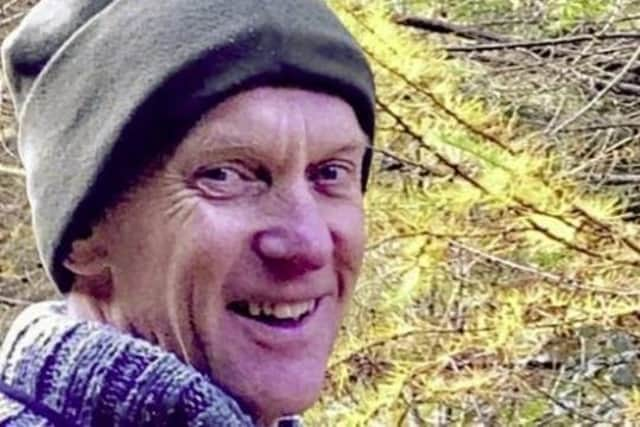Neurologist at centre of patient recall ‘could not engage with hearing’


The ruling by the Medical Practitioners Tribunal Service (MPTS) said that there was no way that such a hearing could take place “in a way that would be fair” to Dr Michael Watt.
Last month the MPTS announced it had convened in private and granted an application by Dr Watt, who formerly worked at the Belfast Health and Social Care Trust, to be removed from the medical register.
Advertisement
Hide AdAdvertisement
Hide AdThis means that he can no longer practise medicine in the UK.
A hearing into Dr Watt had been expected to take place this month but could not proceed after he was removed from the register.
A number of separate inquiries are taking place into the work of Dr Watt after thousands of his patients were recalled in 2018 amid concerns about misdiagnosis of brain conditions.
The MPTS has now published a redacted version of their decision in the Dr Watt case.
Advertisement
Hide AdAdvertisement
Hide AdThe ruling stated: “The tribunal was of view that the public interest in this case is finely balanced.
“It considered that the strong public interest in this case is one which would require resolution by a tribunal except in exceptional circumstances.”
It continued: “The tribunal noted that the inability of Dr Watt to engage with a fitness to practice hearing meant that it was not possible for such a hearing to take place in a way that would be fair to the doctor.
“That circumstance significantly lessened the public interest in such a hearing taking place.
Advertisement
Hide AdAdvertisement
Hide Ad“The tribunal also considered that the reputation of the profession and of its regulator would not be maintained by insisting on a hearing taking place.”
The tribunal concluded that Dr Watt’s “inability to engage in the substantive hearing process”, meant that it should allow the application for voluntary erasure from the medical register.
Earlier this month, the chief executive of the General Medical Council (GMC), told a Stormont committee that the decision of the MPTS to allow Dr Watt to voluntarily leave the medical register, has had a “drastic effect” on trust and confidence in regulation, MLAs have been told.
Charlie Massey said: “We in the GMC were also extremely disappointed by that decision.
Advertisement
Hide AdAdvertisement
Hide Ad“It was not the decision we wanted and we completely empathise with the patients who felt let down.”
He added: “I completely recognise, and it is one of the things that makes me very anxious, is that this case and the decision that the MPTS took has had drastic effect on trust and confidence in regulation in Northern Ireland.
“I genuinely feel very distressed on behalf of those patients who feel they have been left unable to get answers to what happened in terms of the deficiencies in clinical performance and why their lives have been changed so terribly.”
MORE NEWS
Advertisement
Hide AdAdvertisement
Hide AdA message from the Editor:
Thank you for reading this story on our website. While I have your attention, I also have an important request to make of you.
Advertisement
Hide AdAdvertisement
Hide AdWith the coronavirus lockdown having a major impact on many of our advertisers - and consequently the revenue we receive - we are more reliant than ever on you taking out a digital subscription.
Subscribe to newsletter.co.uk and enjoy unlimited access to the best Northern Ireland and UK news and information online and on our app. With a digital subscription, you can read more than 5 articles, see fewer ads, enjoy faster load times, and get access to exclusive newsletters and content. Visit https://www.newsletter.co.uk/subscriptions now to sign up.
Our journalism costs money and we rely on advertising, print and digital revenues to help to support them. By supporting us, we are able to support you in providing trusted, fact-checked content for this website.
Ben Lowry
Editor